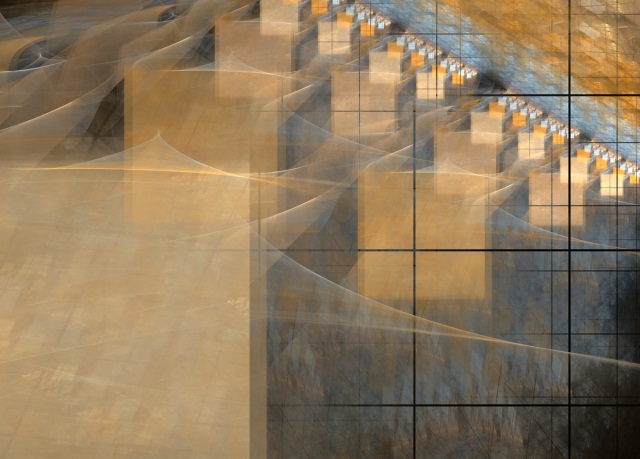मेरी भाषा में तुम शामिल हो / You Are Part of My Language

|
इस बार की शीर्ष कथा जयपुर लिटरेचर फेस्टिवल 2010 के दलित फोकस पर केन्द्रित है. यहाँ शामिल चार भाषाओं – अंग्रेजी, हिन्दी, पंजाबी और तमिल – के छह दलित लेखकों का लेखन इस प्रचलित मान्यता का एक सर्जनात्मक प्रतिवाद तो है ही कि वह लेखन दलित राजनैतिक आंदोलन का एक सीधा उप-उत्पाद है, वह उस राजनीति का भी एक प्रतिवाद है जो दलित लेखन के एकाश्म, अपवर्जी आख्यान होने के अपने कन्स्ट्रक्ट को लगभग एक स्वयंसिद्ध तथ्य की तरह प्रस्तुत करती है. दलित एक्टिविस्ट काँचा इलैया के ‘मायथो-हिस्टोरिकल’ प्रवचन और फीचर के अन्य ‘गल्पात्मक’ मज़मूनों के बीच भी एक तरह का द्वन्द्वमूलक संबंध लक्ष्य किया जा सकता है.
पंजाबी के रैडिकल वामपंथी लाल सिंह दिल और हिन्दी में दलित लेखन को स्थापित करने वाले लेखकों में से एक ओमप्रकाश वाल्मीकि की कविताओं में जहाँ, काँचा की तरह अन्य की एक विचारधारात्मक छवि है वहीं देसराज काली, बामा और अजय नावरिया की कहानियों में आत्म और अन्य की पारस्परिकता का गल्प कई जटिल और अपूर्वानुमेय संरचनाओं में निर्मित होता है. ये पाठ याद दिलाते हैं कि अस्मिता के सभी संघर्ष न सदैव एकस्क्लूजिव होते हैं ना सदा वैसे बने रहते हैं; उन्हें एलियनेट करने वाली राजनीति को यह अवश्य पहचान सकना चाहिये कि अपनी ‘प्रदत्त’ सार्वभौमिकता के बरक्स इन संघर्षों को ‘सीमित’ समझना मनुष्य मात्र की पीड़ा, उसके दमन और उसके मुक्ति के स्वप्न का एक सुप्रीमेसिस्ट नकार है. दलित लेखन में प्रतिनिधित्व एक बेहद समस्यात्मक पद रहा है इस तथ्य की पृष्ठभूमि में यह शीर्ष कथा खुद लेखकों/उनके अनुवादकों के चुने हुए मजमूनों से बनी है एक कांचा इलैया के अपवाद को छोड़कर जिन्होंने विकट निजी समस्याओं के चलते यह काम हम पर छोड़ दिया. हमें उम्मीद है यह फेस्टिवल, निर्देशक नमिता गोखले की प्रत्याशाओं के अनुरूप, भारतीय दलित लेखन के लिए अंतर्राष्ट्रीय एक्सपोज़र का एक सुअवसर बन पायेगा. |
This issue’s lead story highlights the Dalit Focus at the Jaipur Literature Festival, 2010. The writings presented here – six authors from four languages: English, Hindi, Panjabi, Tamil – are not only a creative negation of the popular myth that Dalit writing is a by-product of the Dalit political movement, but are also a serious challenge to the politics that constructs Dalit writing as a monolithic, exclusivist narration and presents it as fact — which is also reflected in a kind of dialectical relationship between the ‘mytho-historical’ text of the Dalit activist Kancha Ilaiah and the other ‘literary’ texts presented here.
Whereas, in the poems of Lal Singh Dil, the radical leftist from Punjab, and Omprakash Valmiki, one of the writers responsible for establishing a Hindi Dalit literature, one can see, as in Kancha Ilaiah, that a kind of ideological Other is inevitable; in the stories of Desraj Kali, Ajay Navaria and Bama, we find more complex and unexpected representations of the mutuality of the Self and the Other. These texts are a reminder that identity struggles/discourses are never entirely exclusivist, nor do they remain so for long; the politics that alienates them in India by considering their struggles ‘limited’ — as opposed to the ‘given’ universality of its own — can barely conceal that such an alienation is merely a supremacist belittling of the pain, the repression, and the dreams of freedom of all human beings. Representation in Dalit writing has always been an extremely problematic point. Therefore, the pieces included in this lead feature have been selected by the authors/translators themselves (barring Kancha Ilaiah who, due to some personal issues, left the task to us). We hope that the festival proves, as Director Namita Gokhale hopes, an occasion for bringing a wider international exposure to Indian Dalit writing. * Click to Readएक वैकल्पिक धर्म-लोक: काँचा इलैया मेरी भाषा में तुम शामिल हो: ओम प्रकाश वाल्मीकि उधर के लोगों की यात्राएँ: अजय नावरिया Poet of the Flaming Sutlej – Lal Singh Dil (1943-2007): Nirupama Dutt These Songs Do Not Die: Lal Singh Dil मेरे नॉवेल और पंजाब का दलित साहित्य: देसराज काली |